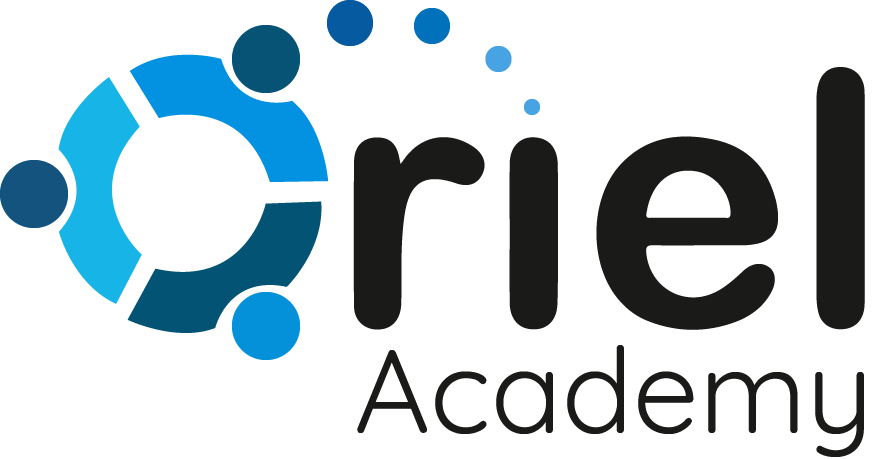In today’s fast-paced work scenario, technical skills are important to be certain, but it’s really the soft skills that distinguish high-performing teams. Being able to communicate efficiently, resolve problems swiftly, and learn how to handle new challenges are just a few of the soft skills that are crucial for making work life easier, more productive, and much more enjoyable.
At Oriel Academy, we firmly believe that soft skills are not merely “nice to have”—they are absolutely necessary to propel team success and overall productivity. Let’s dive a little deeper into why soft skills are such a big deal in today’s workplace and how they have a direct impact on the way teams work together and get things accomplished.
What Exactly Are Soft Skills?
These are the interpersonal skills and personal qualities that enable us to work with others effectively. Unlike hard skills, which apply to particular jobs (such as knowing how to program or how to use Excel), soft skills are all about how we collaborate, communicate, and solve problems with others.
Some examples of soft skills are:
- Communication: Being honest and direct when expressing ideas or comments.
- Teamwork: Cooperating effectively toward shared goals.
- Problem-Solving: Creative thinking to solve problems.
- Emotional Intelligence (EQ): Recognizing and regulating your feelings—and being attuned to others’ emotions.
- Adaptability: Shifting to adjust to change and remaining adaptable in new circumstances.
- Time Management: Remaining productive and meeting deadlines.
- Conflict Resolution: Resolving disagreements in a positive, constructive manner.
How these skills really impact our productivity and affect teamwork in our workplaces.
- Better Communication Reduces Misunderstandings and Boosts Efficiency
Good communication is the key to any successful team. If individuals communicate effectively, everybody understands what is expected of them, what the priorities are, and how to go about it without being confused. It’s easy—clear communication results in fewer errors, miscommunications, and unnecessary duplications.
For instance, when a project manager takes time to properly lay out activities, objectives, and timelines, members of the team are better positioned to stay on course and accomplish things quickly. People feel more at ease expressing themselves when communication is free-flowing, which yields more effective decisions and innovation.
- Emotional Intelligence Strengthens Relationships and Promotes a Positive Atmosphere
Emotional intelligence (EQ) is a quality of knowing and understanding your emotions and those of others. At the workplace, EQ plays an important role in building healthy and effective relationships. Those with high EQ are excellent readers of social signals, remain cool in tense situations, and provide assistance when required.
For instance, if a team member is overwhelmed with their workload, an emotionally intelligent co-worker could pick up and step in to assist before it becomes too much to handle. A leader who has high EQ will be able to tell when a team member is overwhelmed and provide encouragement or guidance so that everyone feels heard and valued.
Usually, people with high EQ are more effective at resolving conflicts in a peaceful, logical manner. When a team can work through disagreements with respect and focus on the solution by not spending time on drama, everyone will be able to work with clear direction.
- Problem-Solving Skills Make Work More Efficient and Effective
Each job has its own issues—whether it’s a tight timeline, a malfunctioning computer, some technical glitch, or an unanticipated problem. Being able to fix problems quickly is essential for staying productive. Teams that recognize and solve problems before they become mishaps have the flexibility to overcome issues before they become huge stumbling blocks.
For example, if there is a supply chain delay, a highly skilled problem-solving team can identify alternatives such as sourcing from another vendor or reworking production schedules to prevent downtime. The quicker your team fixes problems, the more work runs smoothly, and the more productive everyone is.
- Adaptability Helps Teams Stay Productive in Times of Change
Change is inevitable, whether it is new technology, shifting priorities, or even the manner in which we work, thanks to hybrid work models! The flexibility to adapt to these changes is a priceless soft skill that keeps productivity levels up and stress levels down.
When the workplace deals a curveball—like suddenly going remote—the flexible teams will not have a setback. They will adapt, and they’ll figure out a new way of working together. Flexible employees can learn new technologies in a jiffy, change their calendar, or shift their processes in order to make projects continue flowing.
This flexibility prevents teams from losing steam in periods of change, which maintains productivity levels and keeps stress at bay.
- Time Management Ensures Focus and Deadlines Are Met
Time management is a skill that sounds simple and can be a game-changer for productivity. Teams that effectively manage their time are more efficient, concentrated, and can deliver on deadlines consistently. They do not procrastinate and set priorities well, which results in more streamlined workflows and fewer eleventh-hour crises.
For instance, a worker who is able to control their time will divide big tasks into smaller ones that they can easily handle and adhere to their deadlines. When all the team members do this, projects are finished on time without excess pressure or overtime.
- Collaboration Builds Trust and Drives Innovation
Finally, cooperation is key to accomplishing work effectively. However, effective cooperation doesn’t happen overnight—it takes trust, respect, and solid teamwork. When team members have faith in each other and talk freely, they can exchange ideas freely and confront challenges as a team.
Effective teams are also more likely to generate innovative ideas and creative solutions. For instance, during a brainstorming session, team members who are confident in sharing their ideas without criticism are more likely to generate new, outside-the-box solutions that can bring about business breakthroughs.
When each person contributes their own strengths to the mix, the team overall gains from diverse ideas, resulting in improved decision-making and problem-solving.
Conclusion: Soft Skills Are Key to Success
Soft skills aren’t merely “nice-to-haves” in the modern workplace—they’re critical to fueling productivity and building a collaborative, positive work culture. Whether it’s communicating effectively, solving problems creatively, or getting your work done efficiently, these skills enable teams to work more efficiently together and meet their objectives more quickly.
At Oriel Academy, you want to advance in not only your technical competence but your softer skills too. As you learn a comprehensive foundation of soft skills, not only will your individual performance get stronger, but also the work being done collectively towards a united, creative, and productive unit.
Ultimately, it’s the synergy of technical competence and great soft skills that enables teams to flourish, cooperate, and achieve outstanding results.





